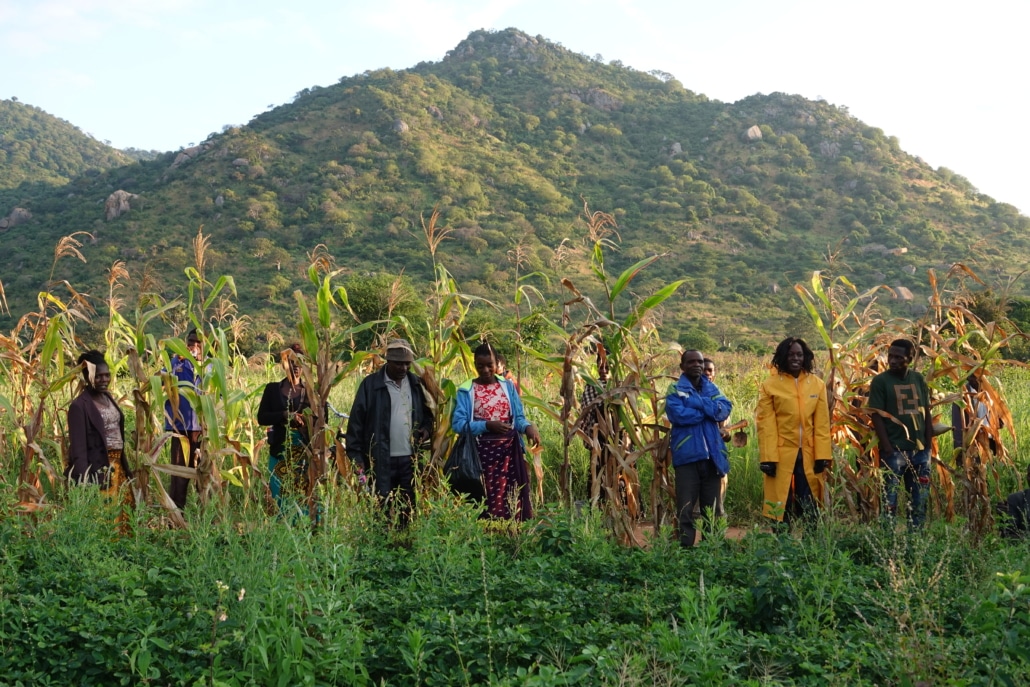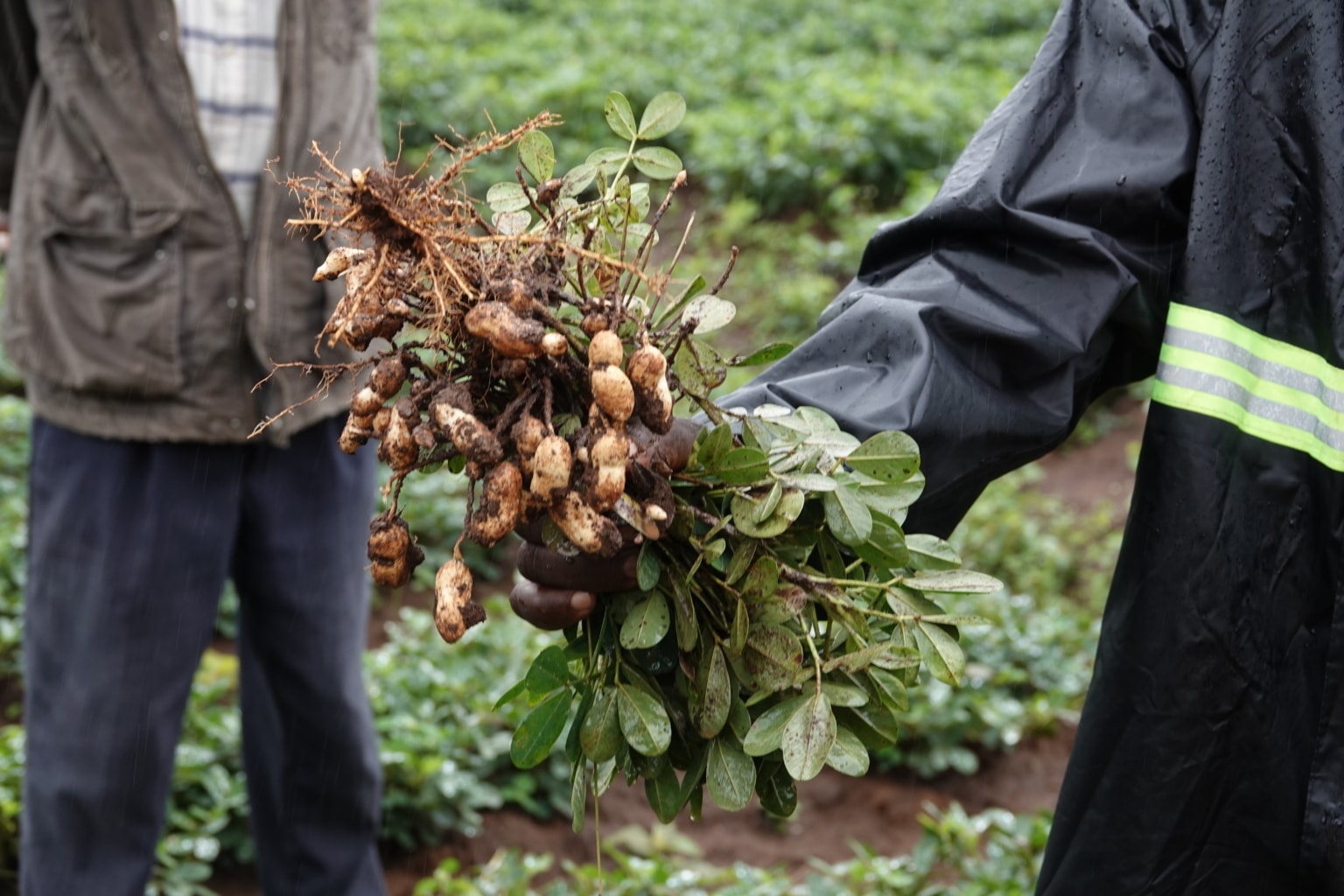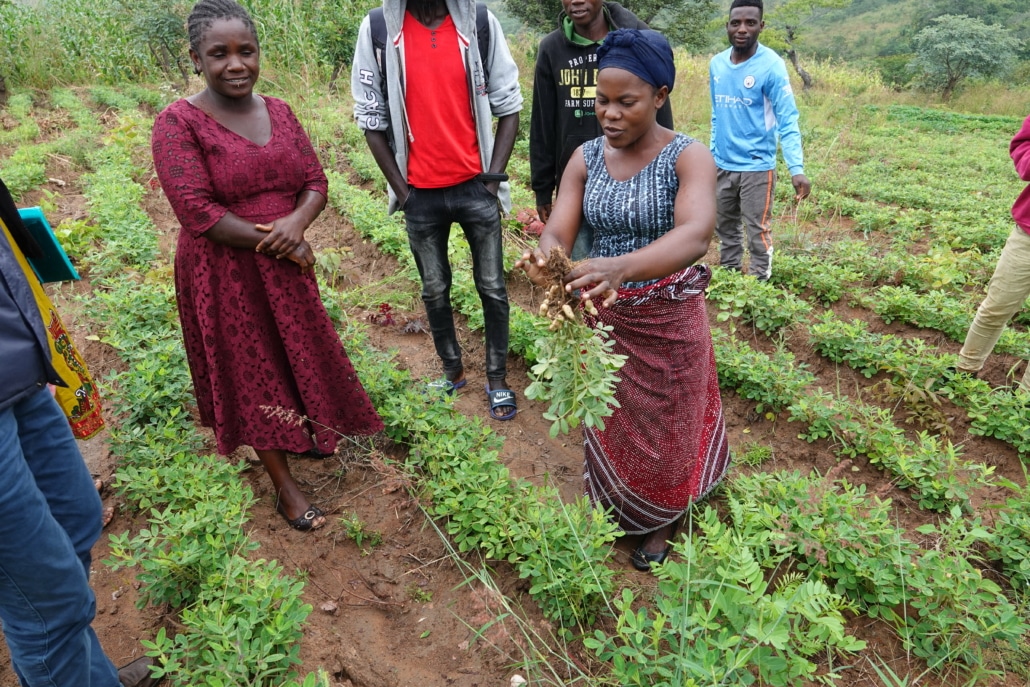on March 19, 2019, Fert’s Board of Directors validated the project to develop an action in a new country and established a set of criteria to identify it. Two exploratory missions carried out in 2020 and 2021 in Malawi made it possible to confirm the relevance of starting actions in the north (around Mzuzu) and to analyze the conditions for setting up Fert. At the end of August 2021, a technical advisor from Fert moved to Mzuzu to carry out the necessary administrative procedures and implement an initial diagnosis to better identify the needs of producers.
Main objectives of diagnosis
- Characterize family farms from a technical and economic point of view
- Identify the needs of farmers and determine with them the type of activities they can set up with the support of Fert. It was a question of spending time with the producers to understand their activities, their concerns, their dreams, their links with the other actors of the territory, at the individual and collective level.
- Identify producer groups, know their history and appreciate their dynamism in terms of collective action.
This diagnostic step is crucial because Fert bases its approach on the farmers’ own initiatives. Fert has no project for farmers but accompanies them in their individual and collective projects.
From September 2021 to February 2022, the diagnosis was carried out in order to better understand the farming systems. Through numerous meetings with key players in the Malawian agricultural sector, producers and producer organizations in three agricultural areas of the northern region, Fert was able to propose lines of work consistent with the issues encountered by farmers.
Main axes of accompaniment defined at the end of the diagnosis
- Enable farmers to adapt their practices to climate changes by relying in particular on agro-ecological practices
- Support producers in the diversity of their productions through technical training and comparisons between the different activities in order to determine the most relevant
- Train and support farmers in recording, monitoring and analyzing the economic data of their farm: calculation of production costs, analysis of gross margins…
- Promote and encourage exchanges between farmers, sources of inspiration and innovation
- Help producers understand the issues of marketing agricultural products: improving the quality of agricultural products and more broadly technical itineraries, improving storage conditions, studying the different types of market, monitoring prices throughout the production process. ‘year …
Once these axes have been identified, it is a question of defining, with the producers, concrete actions: training in plant and animal production, demonstration plots, exchange and individual visits, learning to record technical and economic data…
Then to implement them within the framework of the Fert approach proven for 40 years in different countries: action in partnership on the basis of reciprocal commitments, no donation and contribution from producers requested from the start, local advice by highly qualified technicians. mobile, articulation of technical and economic dimensions, action on an individual and collective scale, etc.





